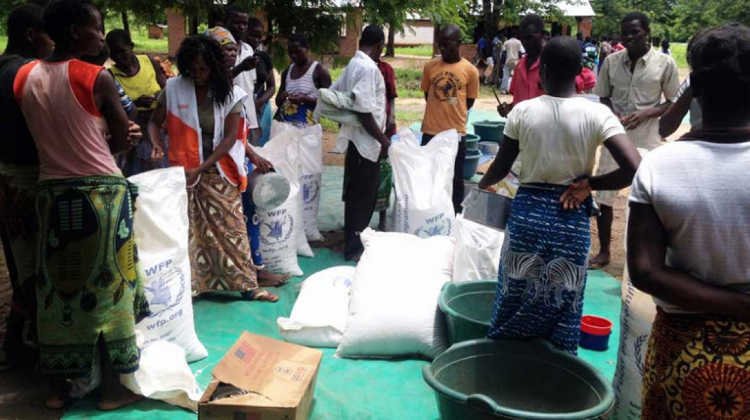The World Food Programme (WFP) has announced a move to provide daily school meals to 18,000 schoolchildren across 17 primary schools and food assistance to refugees in Malawi.
Development Diaries reports that about 4.4 million people, or 22 percent of the Malwai population, are experiencing acute food insecurity as the lean season approaches according to the most recent Integrated Food Security Phase Classification (IPC) analysis.
Additionally, refugees in Dzaleka Camp are receiving fewer food rations as a result of funding shortages.
SDG Two: End hunger, achieve food security and improved nutrition and promote sustainable agriculture
In Malawi, almost 5.4 million people who live in rural and secondary urban areas are affected by moderate to severe chronic food insecurity, primarily as a result of extreme poverty and frequent shocks, according to an IPC Chronic Food Insecurity report titled Malawi: Chronic Food Insecurity Situation 2022–2026.
According to WFP, it will provide a market for approximately 600 local smallholder farmers who will supply fresh food to the schools, and additionally, 50,000 refugees will receive food assistance.
WFP’s Country Director for Malawi, Paul Turnbull, said, ‘Providing nutritious food to children at school at this critical time, when some households are running out of food, will ensure learners attend school, concentrate in classes and eat nutritious, diversified meals.
‘The continuation of food assistance to refugees is crucial for their nutrition and health. We thank the Government of France for this timely support’.
Source: WFP
Photo source: UN







